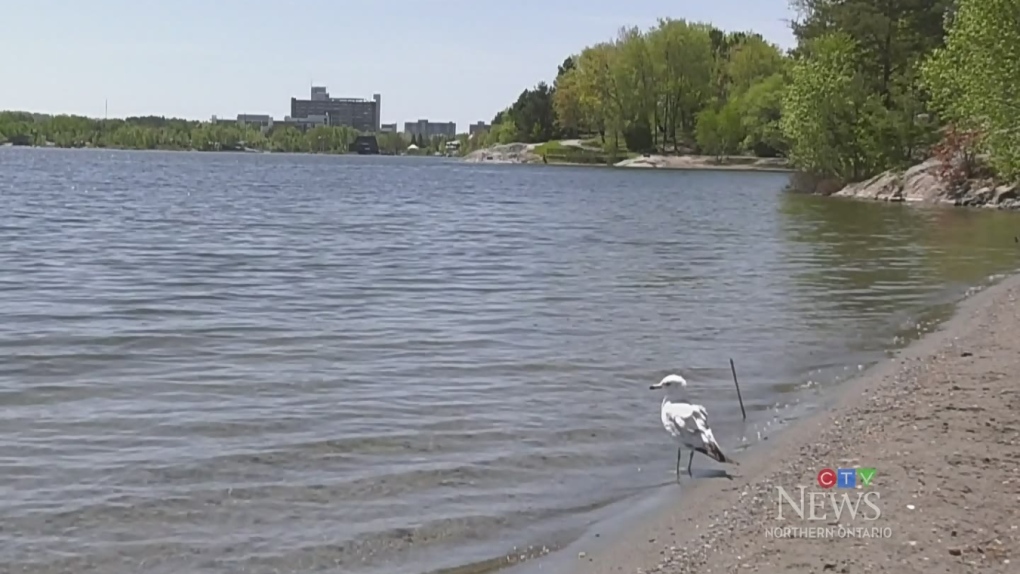Sudbury Public Health is conducting a pre-season assessment of all 34 public beaches in the region to ensure beaches are suitable for public recreational use.
Health officials said in a June 6 news release that testing will include taking water samples to check for E. coli and conducting safety checks for any hazards that may put the beach area at risk.
The tests will take place from June 10th to 19th.
“Throughout the summer, Sudbury Public Health will be taking regular water samples at local public beaches,” the release said.
“Once routine sampling begins, testing results and beach conditions throughout our service area will be available on the ‘Know Before You Go!’ website.
“Water samples collected are analyzed for the presence of E. coli, a bacteria that normally lives in the intestinal tract of humans and animals. If this bacteria is present above acceptable levels, it can be a sign of fecal contamination, which could come from stormwater runoff, pets, or wildlife.”
Consuming water containing high levels of E. coli can cause symptoms such as stomach upset, diarrhea, and vomiting.
“If water samples show elevated levels of bacteria, public health officials will post signs warning that swimming at the beach is unsafe and will increase the frequency of sampling to monitor water quality at beaches,” the health department said.
“The swim caution signs will remain in place until testing shows bacteria levels are within acceptable limits.”
Here are some tips to help keep you and your kids safe around the water this summer.
– Avoid swimming and other recreational water activities for 48 hours after a heavy rainfall, as E. coli levels may increase during this period.
– Always supervise children in or around water and keep small children within easy reach.
– Small children and people who cannot swim must wear personal flotation devices (such as life jackets).
– Please pay attention to posted signs as they contain important information to help keep you and your children safe.
– Avoid swallowing the water as it may make you or your child sick.
If you see blue-green algae on a public beach or experience a physical hazard, you are urged to contact Public Health.
Blue-green algae blooms are unsightly, smelly, and can produce toxins. Public health inspectors will follow up immediately.
Additional information on blue-green algae can be found on the Sudbury and District Public Health website.



